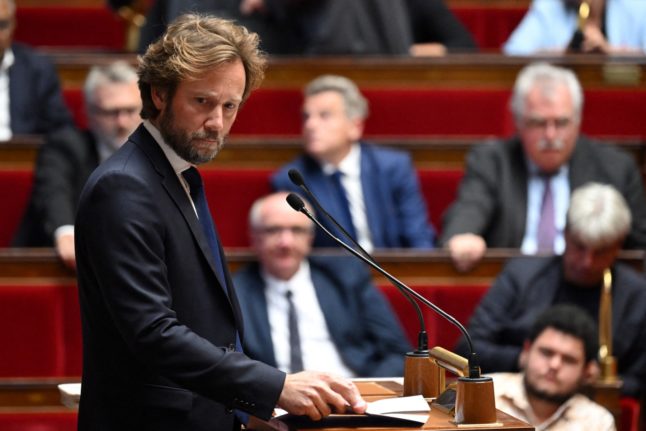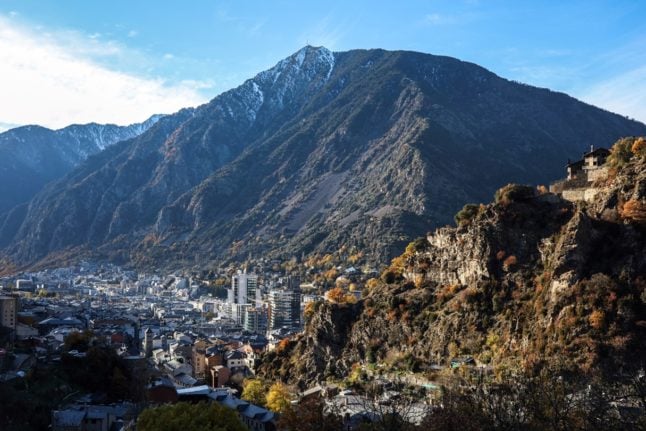The headmaster at a high school and college in eastern Paris quit after receiving death threats online following an altercation with a student, officials told AFP on Tuesday.
In late February, he had asked three students to remove their headscarves on school premises, but one refused and an altercation ensued, according to prosecutors. He later received death threats online.
According to a school letter sent to teachers, pupils and parents on Tuesday, the principal stood down for “security reasons”, while education officials said he had taken “early retirement”.
“It’s a disgrace,” Bruno Retailleau, the head of the right-wing Republicans faction in the Senate upper house, said on X (formerly Twitter) on Wednesday.
“We can’t accept it,” Boris Vallaud, the head of the Socialist deputies in the National Assembly lower house, told television broadcaster France 2, calling the incident “a collective failure”.
Marion Marechal, the granddaughter of far-right patriarch Jean-Marie Le Pen and a popular far-right politician herself, spoke on Sud Radio of a “defeat of the state” in the face of “the Islamist gangrene”.
Maud Bregeon, a lawmaker with President Emmanuel Macron’s Renaissance party, also took aim at “an Islamist movement”.
“Authority lies with school heads and teachers, and we have a duty to support this educational community,” Bregeon said.
A 26-year-old man has been arrested for making death threats against the principal on the internet. He is due to stand trial in April.
France is home to Europe’s largest Muslim community.
In 2004, authorities banned school children from wearing “signs or outfits by which students ostensibly show a religious affiliation” such as headscarves, turbans or kippas on the basis of the country’s secular laws which are meant to guarantee neutrality in state institutions.



 Please whitelist us to continue reading.
Please whitelist us to continue reading.
Member comments